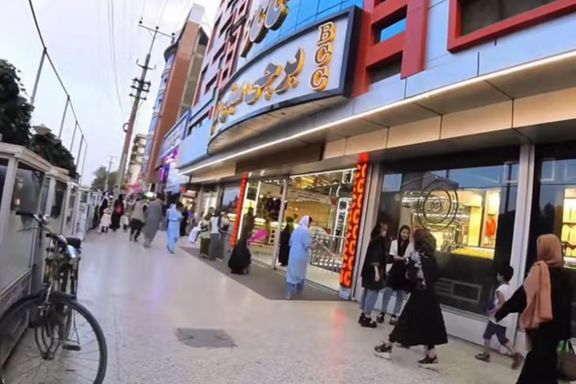Taliban Detain Dozens Of Young Women In Western Kabul Amid Renewed Crackdown

Taliban authorities have detained dozens of young women in western Kabul, marking a renewed wave of arrests targeting women in the Afghan capital.

Taliban authorities have detained dozens of young women in western Kabul, marking a renewed wave of arrests targeting women in the Afghan capital.
Local sources in Dasht-e Barchi reported that officers from the Taliban’s Ministry for the Propagation of Virtue and Prevention of Vice carried out the arrests on Friday, and Saturday.
According to eyewitnesses, women were taken from multiple locations, including 20-Metre Road, Barchi City Centre, and two minivans in Rasalat Alley. Witnesses also reported that Taliban enforcers used force during the arrests and that no female officers were present.
The location of the detainees remains unknown, and families have expressed growing concern over their well-being.
This marks the second such operation within days. On Wednesday, nearly 100 young women were detained in the Shahr-e Naw area of Kabul. Local sources reported that women were taken from streets, markets, and hospitals and transferred to Taliban-run detention centres. Most of the women were reportedly in compliance with Islamic dress codes at the time of arrest.
Footage obtained by Afghanistan International shows women visibly distressed and surrounded by Taliban enforcers during the raids. Some of those detained were released after spending one night in custody, following written guarantees submitted by their families.
The latest arrests coincided with reports of Taliban morality police conducting inspections at restaurants in the Shahr-e Naw district on the same day.
The Taliban has not issued an official statement regarding the reason for the detentions.
In the wake of the arrests, the Afghanistan Freedom Front announced that the Ministry for the Propagation of Virtue would now be considered a legitimate military target. Former Afghan officials and political leaders have also condemned the arrests, describing them as unlawful and a violation of basic rights.